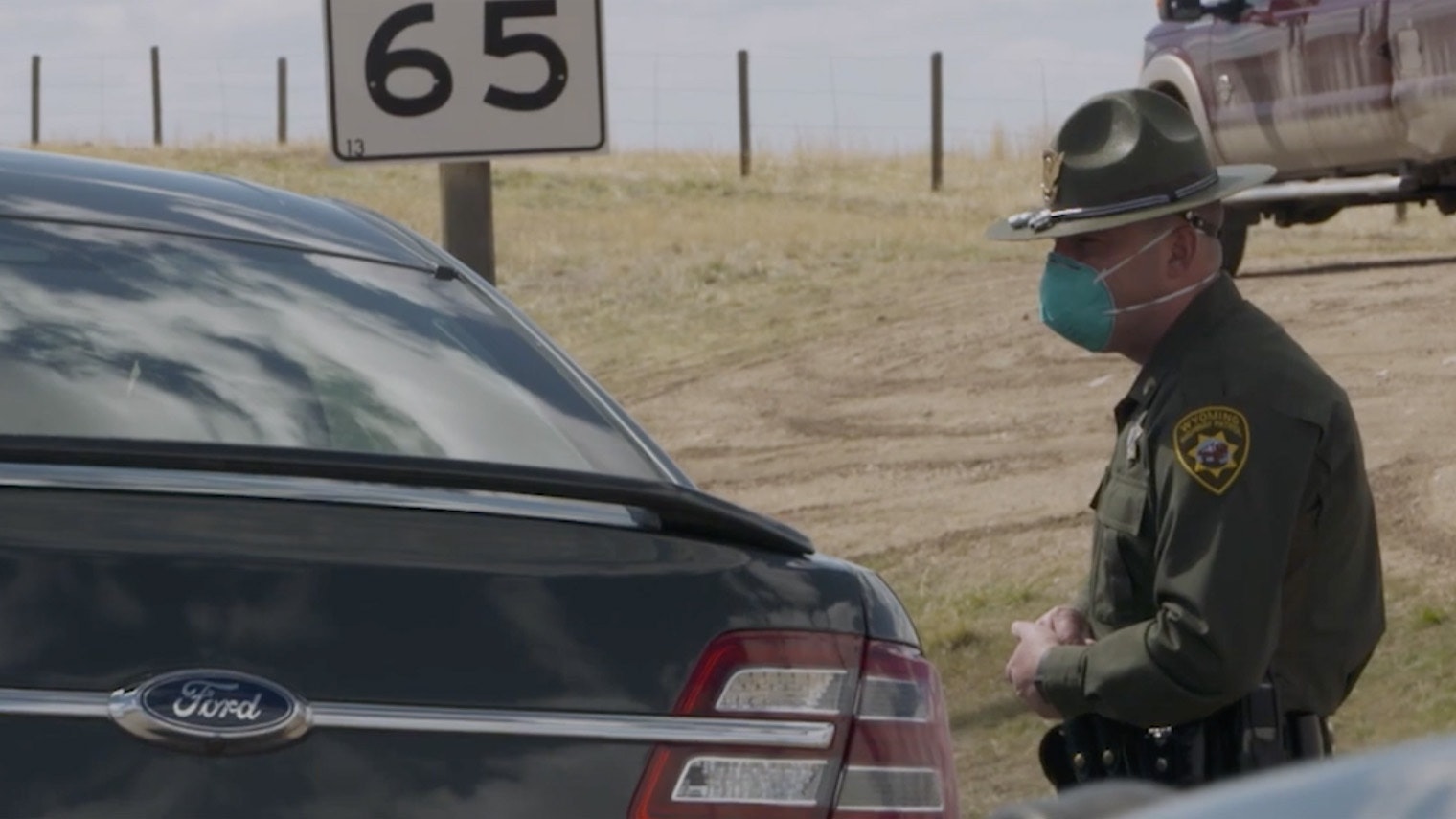Buried in the Wyoming Constitution is a little-known loophole allowing state legislators to claim immunity from arrest when traveling to or from a legislative session.
In Colorado, a similar stipulation in that state’s constitution that recently helped a state lawmaker there get out of a $40 speeding ticket because he was traveling to a committee meeting at the time he was pulled over.
According to KUSA 9News, on Aug. 8, Denver Democratic Rep. Steven Woodrow went to county court and cited a portion of the Colorado Constitution giving special privilege to members of the state Legislature to get out of the ticket he received for going 18 mph over the speed limit.
Woodrow received the ticket while traveling 48 mph in a 30 mph zone in downtown Denver in April while returning to the Colorado Capitol for a committee meeting.
“On Wednesdays, starting at 1:30, I have to be present for House Judiciary," Woodrow said, according to a court transcript obtained by 9News. "It is a committee hearing where I am expected to be there and vote. If I don't show up, I can get fined or worse from the committee chair. So, I always make sure that I'm there on time and ready to go.”
But in reality, according to 9News, the meeting Woodrow was going to started nearly an hour late that day.
A similar law exists in the Wyoming Constitution, allowing lawmakers to avoid arrest, except when committing treason, breach of peace, violation of oath of office or a felony. Article 3, Section 16 states that lawmakers are “privileged from arrest during their attendance at the sessions of their respective houses.”
Could It Happen In Wyoming?
State Sen. Charles Scott, R-Casper, the longest serving member of the Legislature, said he’s never seen a state legislator try to assert legislative privilege to get out of a speeding ticket or other charge, but does believe it could be used in certain circumstances.
“The court would have to read the Constitution and throw it out, but they might still have to pay a speeding fine,” he said.
Scott said this original section of the Wyoming Constitution stems all the way back to medieval England, where the king had a propensity to arrest lawmakers to prevent them from voting on crucial issues. A similar stipulation exists in the U.S. Constitution that has been used by members of Congress on various occasions.
Cheyenne attorney Brad Cave pointed out that the Wyoming version of the law is a little less expansive than the one in Colorado, appearing to be limited to the legislative session. The Wyoming Legislature also holds committee meetings throughout the year when it's not in session.
“A session is a formal thing that’s convened and adjourned,” he said.
But state Rep. Martha Lawley, R-Worland, a retired attorney, pointed out that when the Wyoming Constitution was first crafted, it was long before the Legislature started holding interim meetings outside of the session.
“That’s that judicial discretion to say whether you’re a legislator and you get privilege and answer the question about far that privilege extends,” she said.
Rep. Clark Stith, R-Rock Springs, also an attorney, noted that just because legislators can’t be arrested doesn’t mean they can’t be ticketed. It’s because of this point that Lawley said the Denver judge may have taken a rather broad interpretation of the law when letting the Colorado lawmaker go free.
“It’s not an unreasonable outcome, but I would call it a little bit of a stretch,” she said.
Will It Happen In Wyoming?
Scott said he once got a $35 speeding ticket while traveling home from a legislative meeting in Rock River. Last year, some lawmakers grumbled about being given parking tickets when working inside the Capitol.
Scott and Lawley said state lawmakers are sometimes given permission to travel on closed roads to travel to and from their homes during the legislative session.
“There’s a need for that to get us through,” Lawley said. “Those ones are helpful to get us back.”
At times, Scott said he declared his own legislative privilege when a highway was closed near his house, and said many suspected authorities knowingly let lawmakers speed back when the state speed limit was only 55 mph.
But Scott and Lawley said if any lawmakers were to get a ticket these days, it probably wouldn’t be politically wise for them to fight it in court, even if they can claim an executive privilege.
“What prevents abuse here is that some voters will get to decide if they remain in office in the next election,” Scott said. “There’s some protection against that being abused.”
Leo Wolfson can be reached at leo@cowboystatedaily.com.





